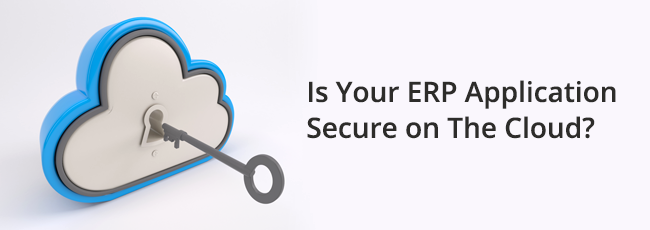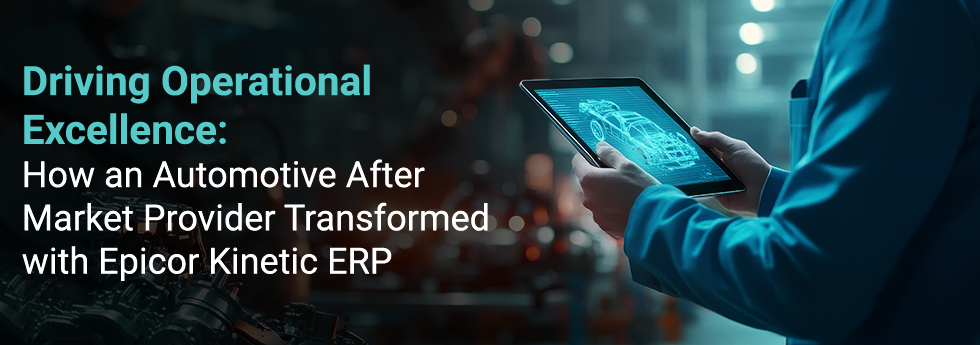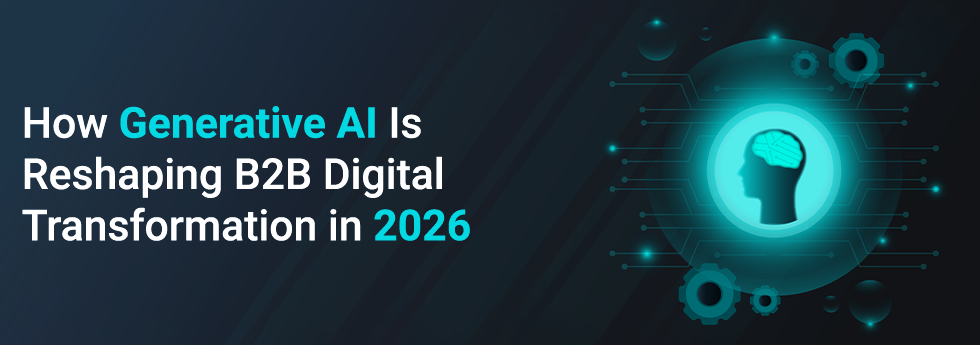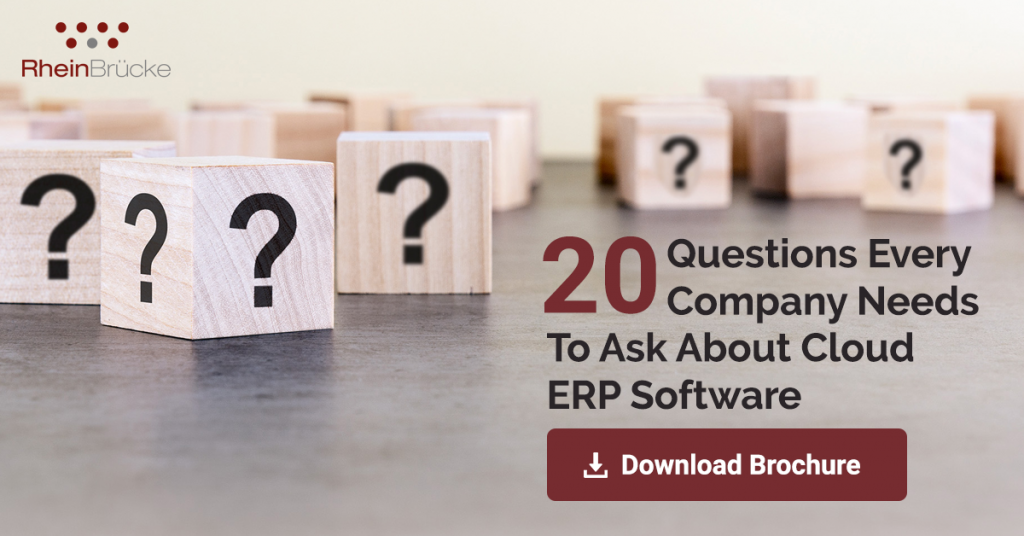

In a world that is heavily dependent on the internet, Cybersecurity is often a concern that is on everybody’s mind. There is a notion that cyber spaces have made the world less secure than before and that using the cloud may not bode well for the privacy of your data. So why are many businesses opting for cloud ERP systems? Is it only due to lower costs and convenience that is a well-known advantage?
According to a 2019 study from Cloud Security Alliance, 69% of organizations are moving data from well-known ERP platforms like SAP and Oracle to the Cloud. However, the study threw light on several misconceptions about security with respect to cloud ERP systems. The study found that among the security controls that are necessary to protect cloud ERP deployment, Identity and Access Management (IAM) were used only by 68% of organizations. Others only used firewalls (63%) and vulnerability assessment (62%). According to JP Perez-Ethchegoyen, Onapsis CTO and CSA ERP Security Working Group chair, security must be addressed holistically and it should consider aspects like ERP customizations, configurations, monitoring, integrations, vulnerability, etc.
Further, according to Perez Ethchegoyen, the responsibility of security of cloud ERP systems should be shared between providers and customers. For example, an ERP solution may be excellent in terms of their security standards, but organizations still need to ensure implementation of additional controls as if they were running the application on premises. However, it is important to note that the cloud ERP itself comes with several advantages. These include network management by specialized personnel, automated patching, enhanced monitoring, access controls, protection from large scale attacks and the implementation of the latest encryption standards.
To ensure a secure on-premise ERP system, it is necessary to monitor exactly who can enter or leave the building. There should be physical tags on people and the equipment to monitor movement, location, interactions, etc. There is also a need for extensive background checks and an additional “single sign on security measure” for employees’ access to computer networks. This is only a superficial glimpse at the extensive and exhaustive measure one needs to take to ensure a secure environment for their on-premise ERP systems. Most companies cannot afford to invest in top of the line network infrastructures to do so.
When using cloud ERP systems, the logistical costs and burden of simply managing security is immediately lightened. This is because the provider handles the physical security of the systems. Since the cloud provider would have installed their own systems for an automated detection of any malicious or suspicious activity, any kind of threats, potential or otherwise, will be immediately analyzed and given an apt first response according to a predefined, accurate and speedy process. The customer is doubly benefited as firstly, the surface area for the attack has significantly decreased, and more importantly, the cost of curbing the attack is built into the fees. This increases efficiency among the IT staff so that they may focus on other areas of vulnerability, like employee access and application level security.
Another area where on premise ERP systems are extremely vulnerable is with respect to the updating of software. There have been so many case studies where failing to install updates to the software system have caused major security breaches and massive data losses. The cloud provider, however, makes this process much easier and more convenient. Customers can access managed and shared server architectures where operating system updates and security patches are installed in the background. This is managed and updated by the provider seamlessly along with anti-virus updates. Similarly, the cloud provider can handle and prevent large scale attacks immediately as the threat comes in. Providers maintain dedicated teams and equipment to quickly respond to such attacks at whatever volume and scale they may be at.
Epicor ERP on the Cloud takes care of all your security needs. We have a comprehensive end to end security model and there is a state-of-the-art security system built into every layer of the ERP environment. We ensure that we cover the ambit of ERP security- from physical network interface cards, to user passwords. This holistic approach allows us to minimize threats and disruptions and for you to relax, knowing that your ERP is in the safest hands possible.




